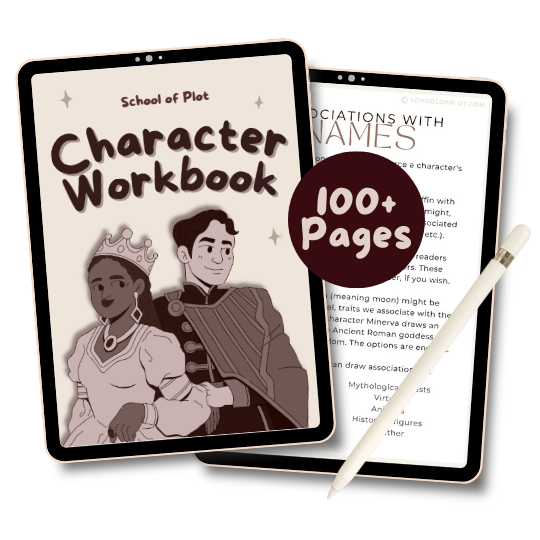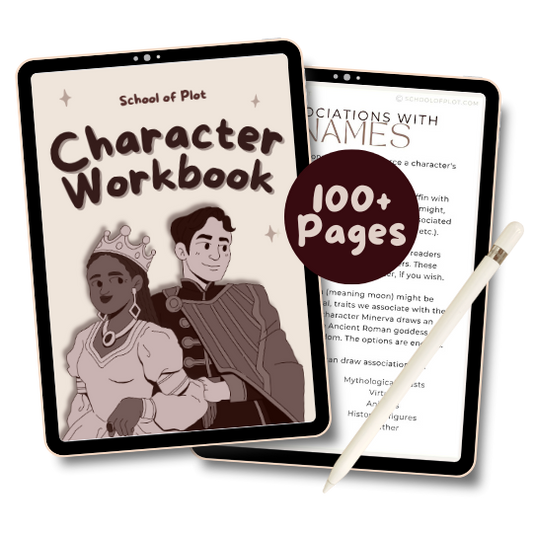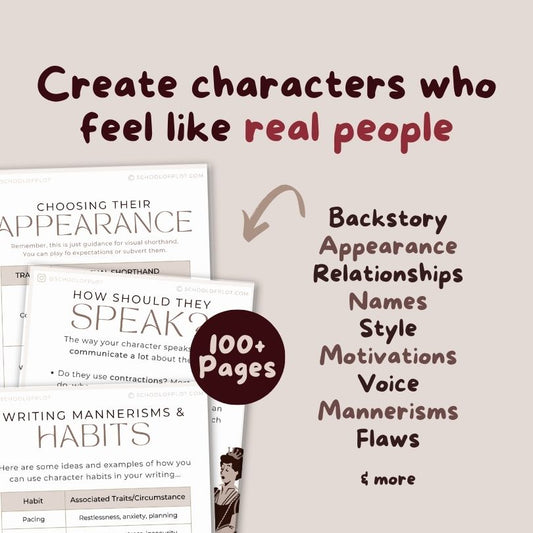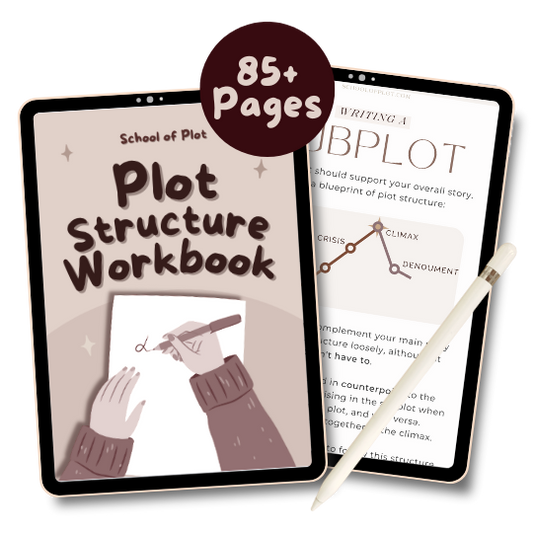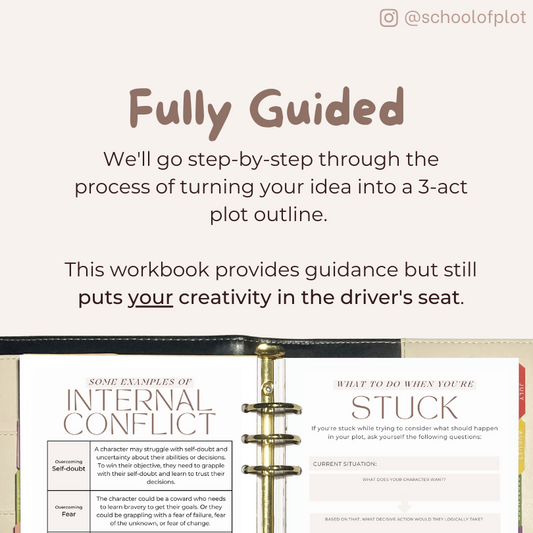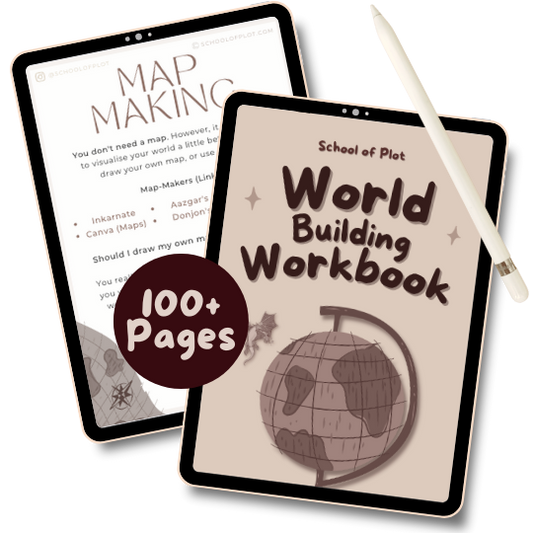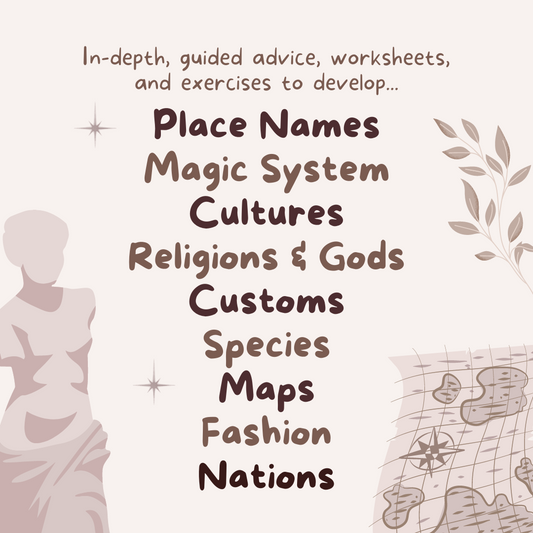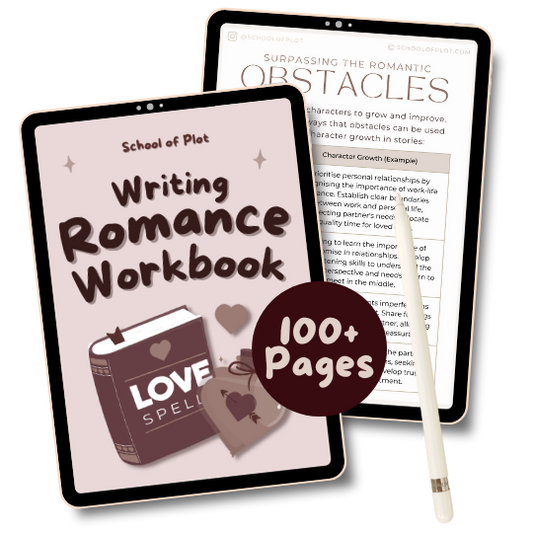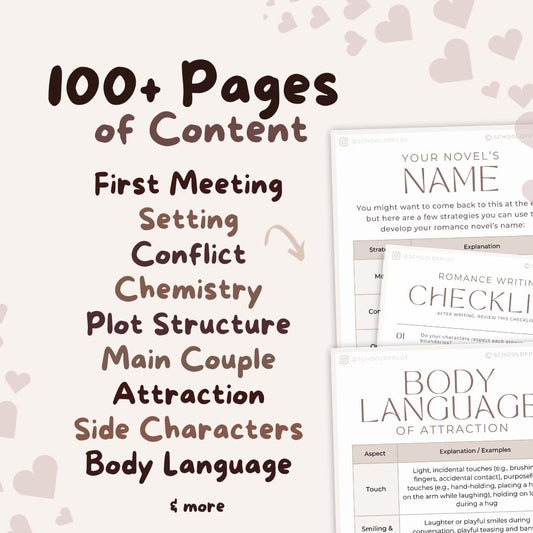Dialogue tags are words / phrases that tell you which attribute a line of dialogue to a specific character. They’re a useful way to tell us who’s speaking, especially in conversations with many participants.
Examples of dialogue tags include "said," "murmured," "replied," and "whispered." Sometimes they’re useful, but some dialogue tags are distracting or jarring. This post is a (hopefully) fun list of my least favourite.
Disclaimer: These opinions are subjective!
1. Ejaculated
Sure, it just means that a character burst out with a line of dialogue, but some of us have the minds of 12 year olds and find it funny (me). Fun fact: Watson ejaculates 11 times in the Sherlock Holmes novels, including out of a second floor window.
It was used more in older novels, and seemed to have fallen out of favour in recent years (understandable) but you can find it twice in in Harry Potter series:
"Snape!" ejaculated Slughorn.
And also:
"You mean we're not allowed to use magic!" Ron ejaculated loudly.
2. Joked / Quipped
If a character is making a joke, sometimes adding “he joked” after it feels redundant. It can come off the same way as a laugh track in a sit-com. We get it! It’s a joke!
Trust your readers! They can tell that a joke is a joke. Even when something's said sarcastically, they'll be able to tell (so long as it's well written).
Maybe the character just isn’t as funny as they think they are, but in these cases it can feel more natural to describe their actions (e.g. nudging their friend, pausing for laughter, etc.)
3. Concluded
I don’t mind this one at all when we’re only seeing the end of someone’s dialogue. But when we get to hear the whole thing uninterrupted, ‘concluded’ can feel unnecessary. We know they’re concluding!
4. Intoned
Again, it’s often unnecessary! Most times, the context or the dialogue already conveys the manner of speaking. In these cases, ‘intoned’ doesn’t really add anything.
